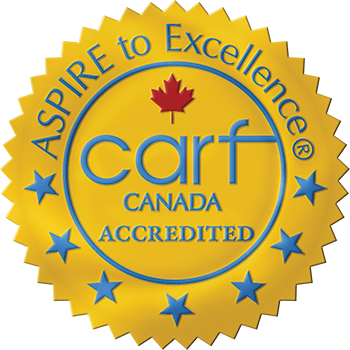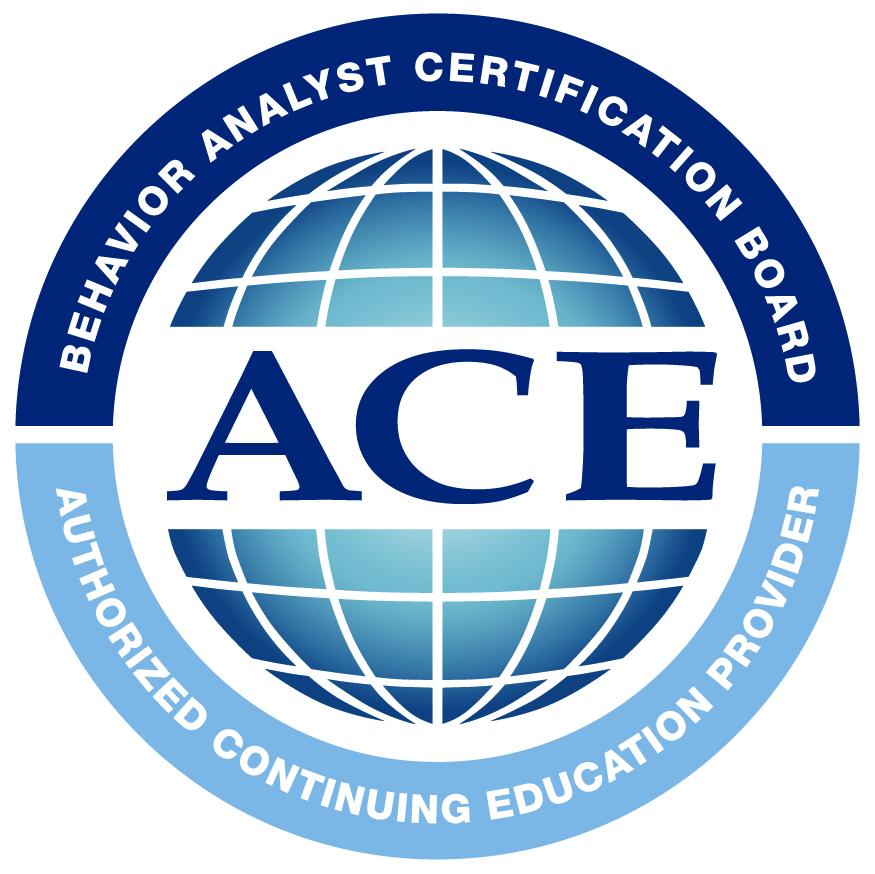Contributed by Paul Willcocks, originally published in The Tyee.
We need to talk about the ALS Ice Bucket Challenge.
Not in a smarmy, judgmental way, with glib references to “slacktivism” and wasted water.
And not with blind cheerfulness that points to the flow of dollars to ALS organizations and claims this was an undeniably great example of awareness-building and fundraising.
We need a real discussion of the most effective ways of making a difference with our time and money.
I haven’t dumped water on my head, or sent a cheque to the ALS Society of Canada. But I’m not going to slag the people who did, or smugly offer all the reasons they should have done nothing.
My partner and I spent the last two years in Honduras, as Cuso International volunteers. The country is poor, with massive inequality, failed institutions and the world’s highest murder rate.
Every year some 34,000 people, mostly from the U.S., come down on one or two-week missions, passing through the San Pedro Sula airport in matching brightly coloured T-shirts.
They build water systems, paint schools, hold babies, do clinics, hand out eyeglasses. They are almost all faith-based. In my experience, most don’t evangelize, except by example. They do show up.
Mission tourism is a hot development issue. Critics have a long list of complaints. Many projects aren’t really community priorities, or remain uncompleted when the mission group leaves. The volunteers’ efforts can create dependency.
And, critics point out triumphantly, the money spent on a typical mission — figure $14,000 for a dozen people — could do far more good if it was just sent to a Honduran agency. Instead of getting two weeks of semi-skilled labour, the Honduran partner would have enough money to run a program for a year.
All that’s true.
But I still support the mission groups.
The argument that the groups could do more good by raising money and sending it to Honduras has big flaws. They couldn’t raise the same amount of money. Part of the donor appeal is the personal connection. Finding a reliable partner in Honduras would be daunting. And the reality is that most people wouldn’t raise the money without the impetus of the mission trip.
Projects do vary in effectiveness. But many of them work. A Louisiana group spent a week in Angelitos Felices (Happy Angels), a grubby orphanage/care home we were involved with in Copán Ruinas building bunk beds and individual cupboards for the kids, who had been sleeping two or three in rusty iron cots with sagging, pee-stained mattresses. It made a huge difference for them.
Every visit creates connections. Hondurans see someone willing to pitch in; the gringos get a crash course in a new culture.
It’s good. But there is a big obligation to think about the projects and work hard to make them as effective as possible — to employ local people to do some of the work, focus on projects communities have decided are important and ensure they are sustainable.
Which leads back to the ALS challenge.
Take time to think about giving
Yes, it’s easy and fun. Participants aren’t likely engaging deeply with the issues around ALS. But they are engaging. They’re acting as citizens facing a shared challenge. And they are raising a ton of money.
For many people, this is just a small, light-hearted element in a wide range of volunteer activities. For others, it’s a first try at volunteering. That has to be a good thing.
I’d count it as a success. Millions of participants, $100 million to the U.S. ALS Association, and more than $10 million to the ALS Society of Canada. A collective realization that individuals can make a difference.
Now we should talk about it, and decide if we can do better.
ALS is a nightmare disease. Nerve cells in the brain and spinal cord that control all the muscles in the body die. People lose the ability to use their legs and arms, then to speak, chew or swallow. Death usually comes because patients choke to death on food, develop pneumonia or suffocate when their muscles used in breathing no longer work. Through it all, their brains are otherwise unaffected. Sue Rodriguez, who hoped her suicide 23 years ago would lead to a change in Canadian law, had ALS.
It’s also a very rare disease. About 90 people will die of ALS in B.C. this year.
About four times as many people will kill themselves. About 16 times as many people will die of diabetes. Ninety thousand children will grow up in poverty.
You don’t have to rank diseases. Many people give based on their hearts — if your brother has ALS, you will likely be a champion.
But most of us should think about where we give, based on what we believe to be important.
And, hopefully, on effectiveness.
The ALS Society of Canada took in $6.7 million last year, and spent 38 per cent of that on fundraising and administration. Only 55 per cent of the money went to research and support for people with ALS.
As a donor, that would make me uncomfortable. Ice bucket donations of more than $10 million in a few weeks will strain the society’s ability to spend effectively.
That doesn’t mean people shouldn’t give. But most of us take some time before deciding how to spend our money on a new sofa or a vacation. We should be just as picky — or more — about our decisions on spending time or money to create a better society or world.
We need to think about the change we want to see, and how it can most effectively be achieved. How every dollar, or hour of time, that we give can produce the greatest impact.
But still, it’s better that people leap into action — with things like the ALS challenge — than sit on the sidelines.
Celebrate effort
That orphanage/care home we contributed to was a dump. Smelly, dirty, often without power or water. The woman who ran it was untrustworthy. The live-in staff were desperate women who needed a place to sleep and didn’t get paid. For a while, a 14 year old was in charge of 21 kids, from 18 months to 13, every night.
There was every good reason to walk away.
But there were also a ragtag band of children who were not going anywhere else. So, with the help of generous friends in Canada we put money into working showers, toilets that flushed and roof repairs. More satisfyingly, we hung out with the kids and took them swimming.
You do the best you can, in the moment.
This summer, the ALS ice bucket challenge gave a chance for a lot of people to give it their best shot.
Of course you can criticize. Just like you can criticize our work with Angelitos Felices.
But I’d rather celebrate people’s efforts to make things better. First the impulse, and action. Then you worry about greater and greater effectiveness.
Let the ice water flow.










